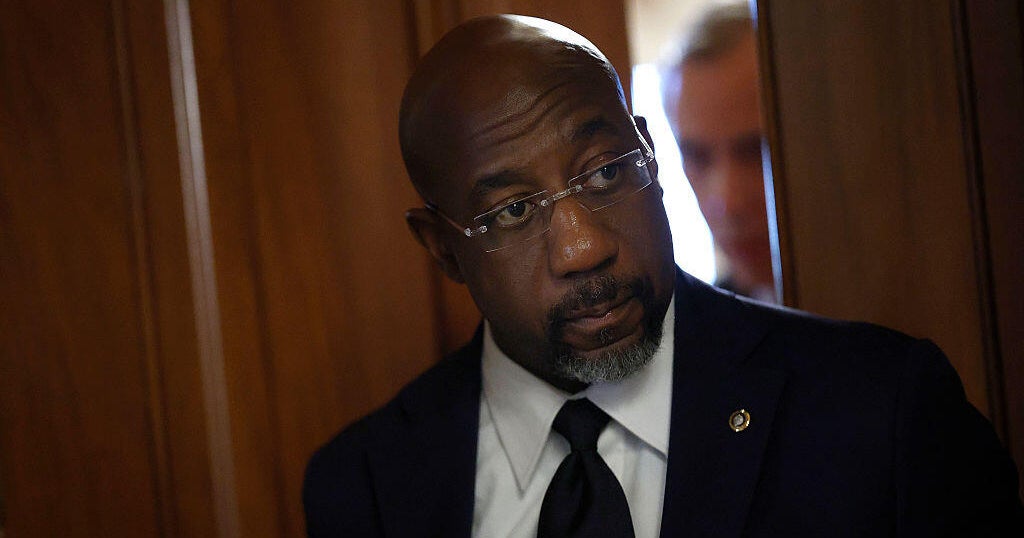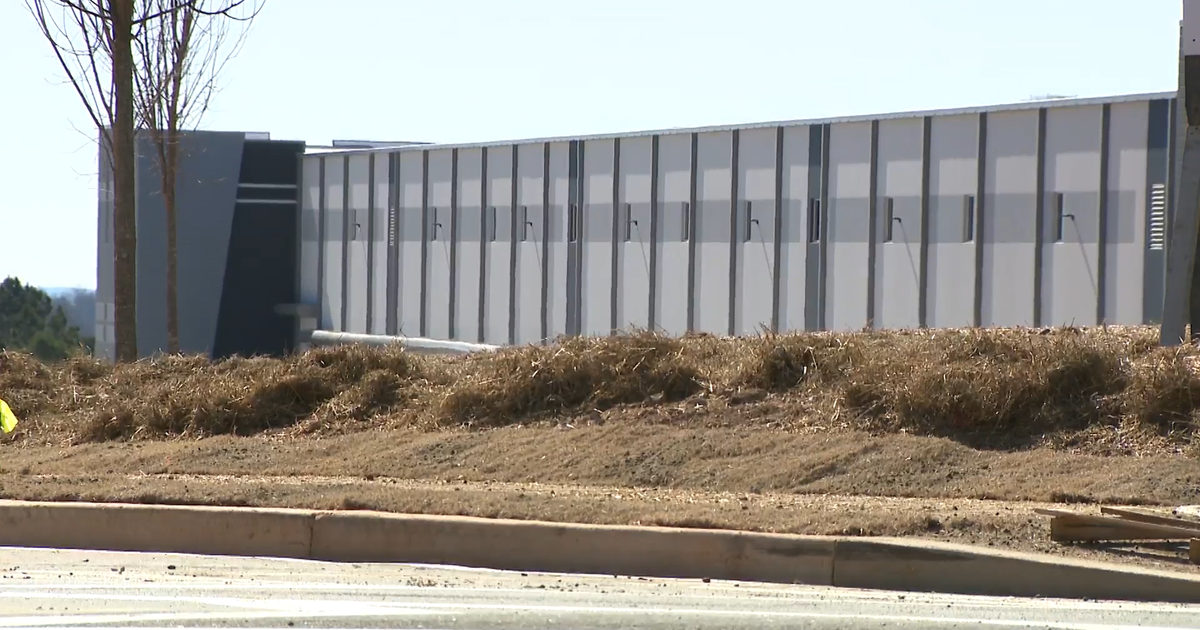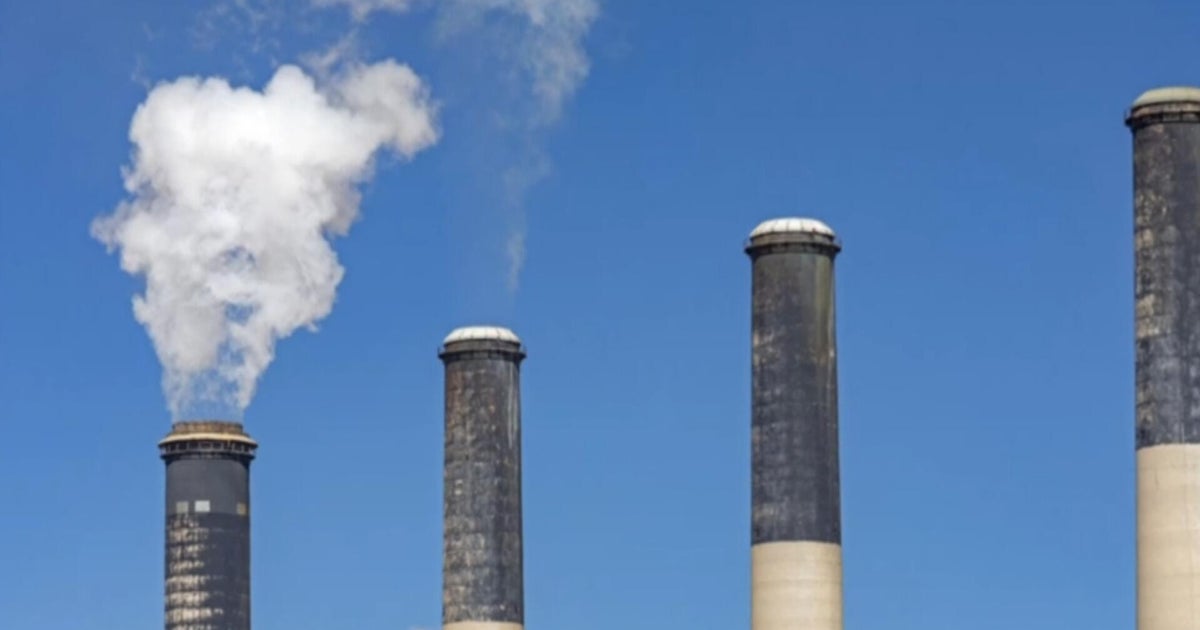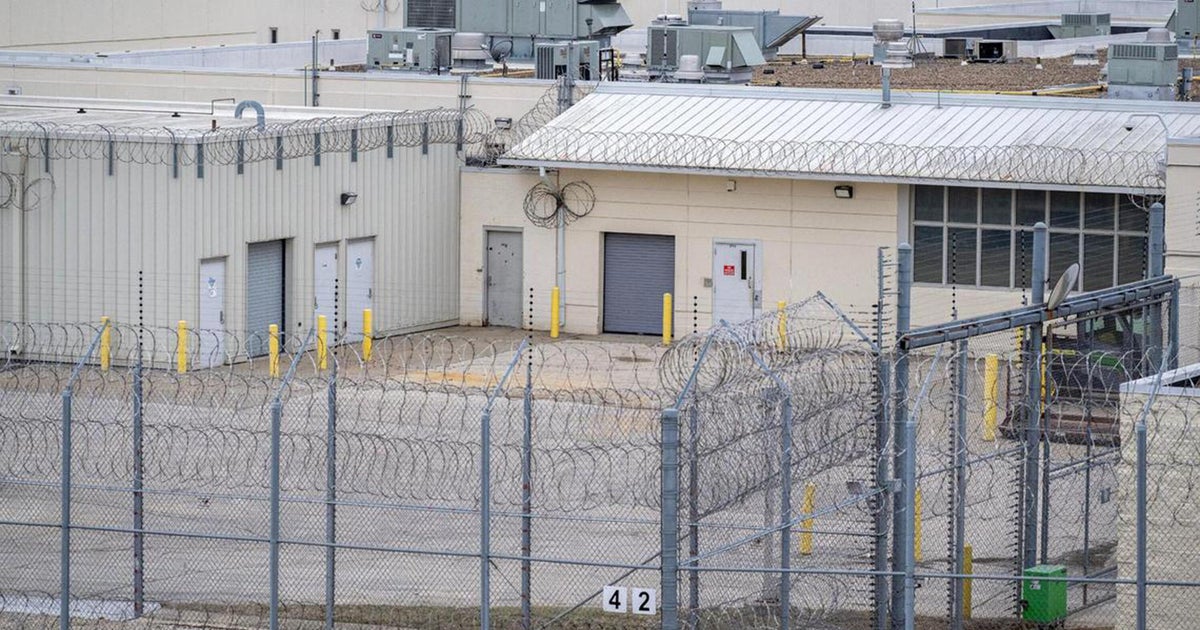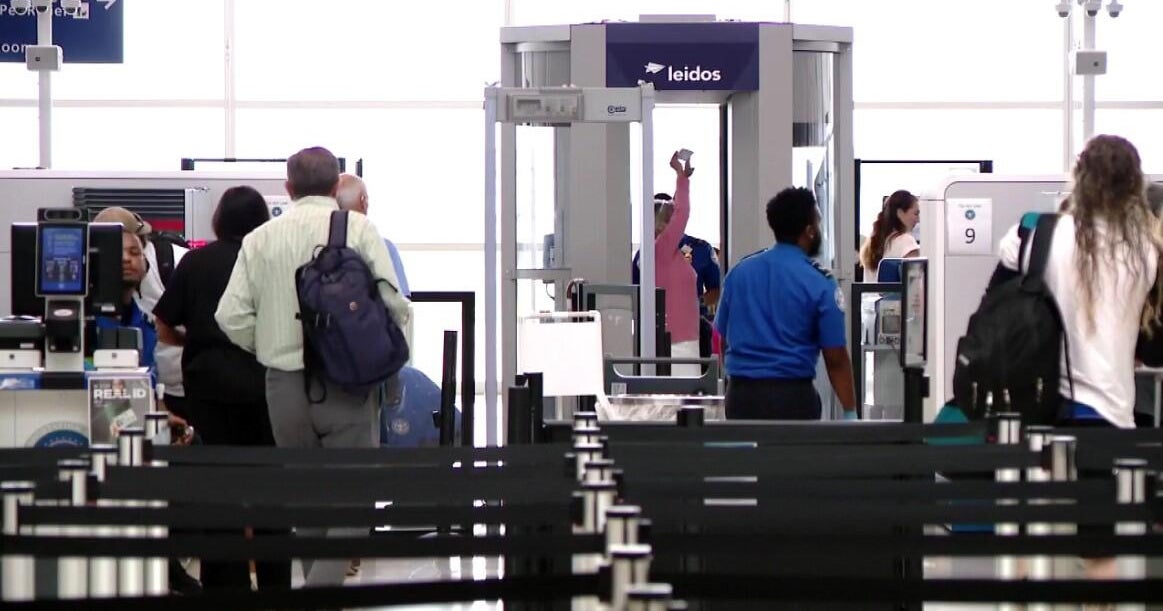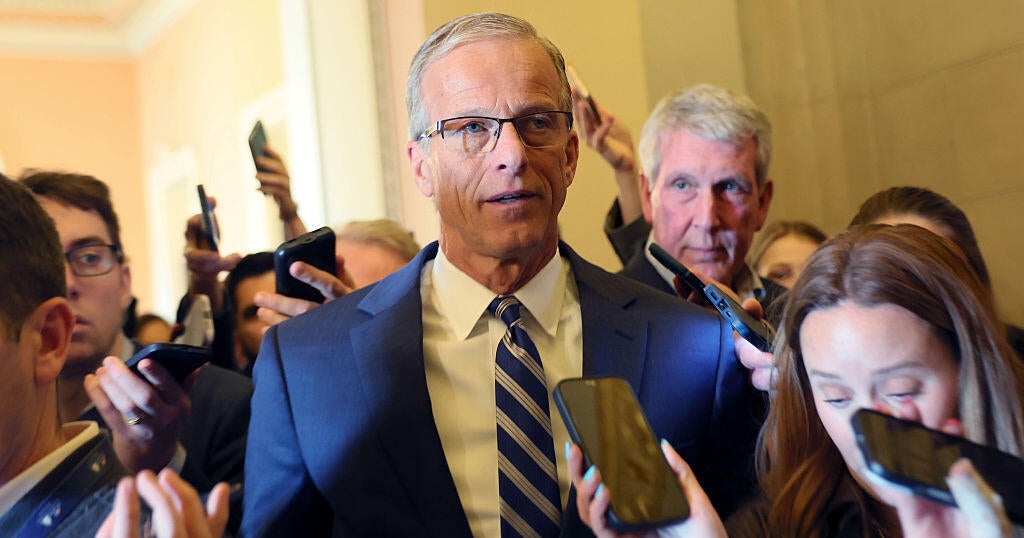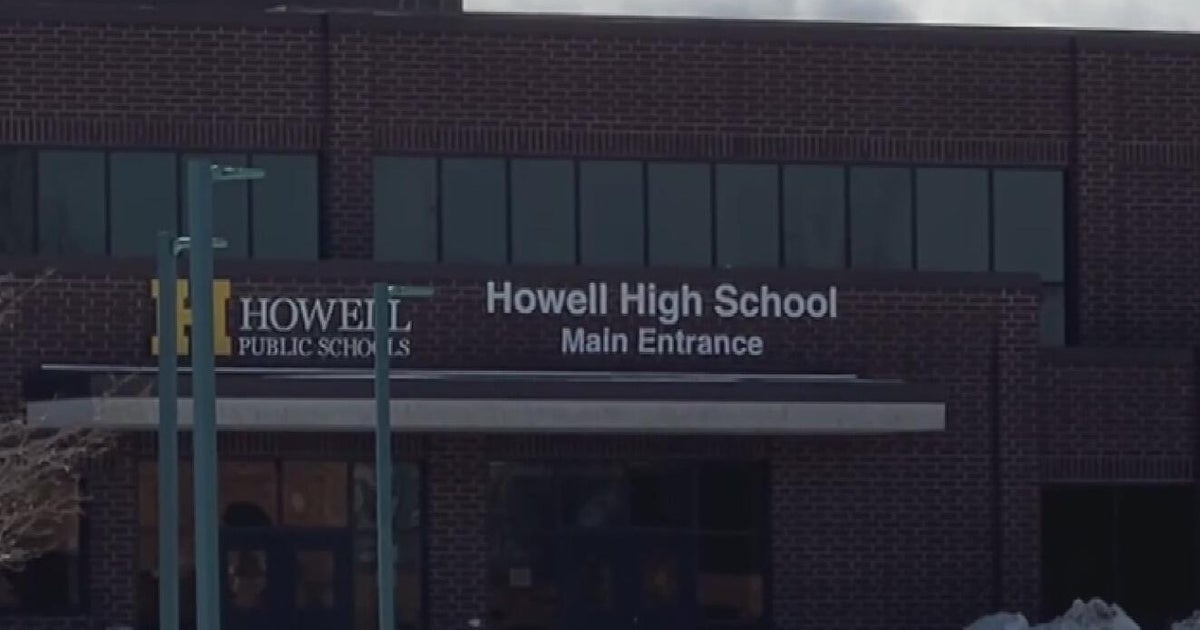Justice Department moves forward with easing federal restrictions on marijuana
Washington — The Justice Department officially proposed a new rule on Thursday that would reclassify marijuana as a Schedule III drug, a policy move that would ease restrictions on cannabis on the federal level if ultimately approved.
While the rescheduling of marijuana would neither make the substance legal nor decriminalize it across the nation, changing the classification from its current Schedule I status to Schedule III would bring the drug into regulatory parity with other substances, like ketamine and anabolic steroids.
The Drug Enforcement Administration currently classifies marijuana as a substance that has "no currently accepted medical use and a high potential for abuse." The proposed rule would shift the DEA's treatment of the drug to one that has "a moderate to low potential for physical and psychological dependence."
The proposal kicks off a months-long comment and administrative period, meaning the rescheduling would not immediately take effect. After 60 days, officials will make a final determination before the rule is officially published.
In 2022, President Biden asked the Department of Health and Human Services and the Justice Department to examine the DEA's marijuana classification. According to a Justice Department memo published last month, HHS "concluded after reviewing several studies that there was some credible scientific support that marijuana could be used effectively" in certain medical situations.
"No professional medical organization currently recommends use of marijuana," the memo said, adding that "one recommends against its use." Dozens of states already allow marijuana to be used for medicinal purposes or recreationally.
The notice of proposed rulemaking sent to the Federal Register on Tuesday said the attorney general "concurs with HHS's recommendation, for purposes of initiation of these rulemaking proceedings, that marijuana has a potential for abuse less than the drugs or other substances in schedules I and II."
Mr. Biden called the move "monumental" in a video posted Tuesday and noted marijuana policy has been a priority of his administration.
Last year, the president moved to pardon thousands of Americans convicted at the federal level for simple possession of cannabis and urged governors to do the same. Advocates for a policy change, including Mr. Biden, have said marijuana scheduling has unduly affected minority populations and have resulted in harsh prison sentences for mere possession.
News of the proposed rescheduling broke in late April after Attorney General Merrick Garland and the DEA submitted the rule to administration officials for review. Critics of the move — including multiple former officials at the DEA who spoke with CBS News — said at the time that the administration was making a mistake because of risks posed by the drug's side effects. And the new rule, they said, would be a gateway to more dangerous substances.
Pat Milton contributed to this report.
